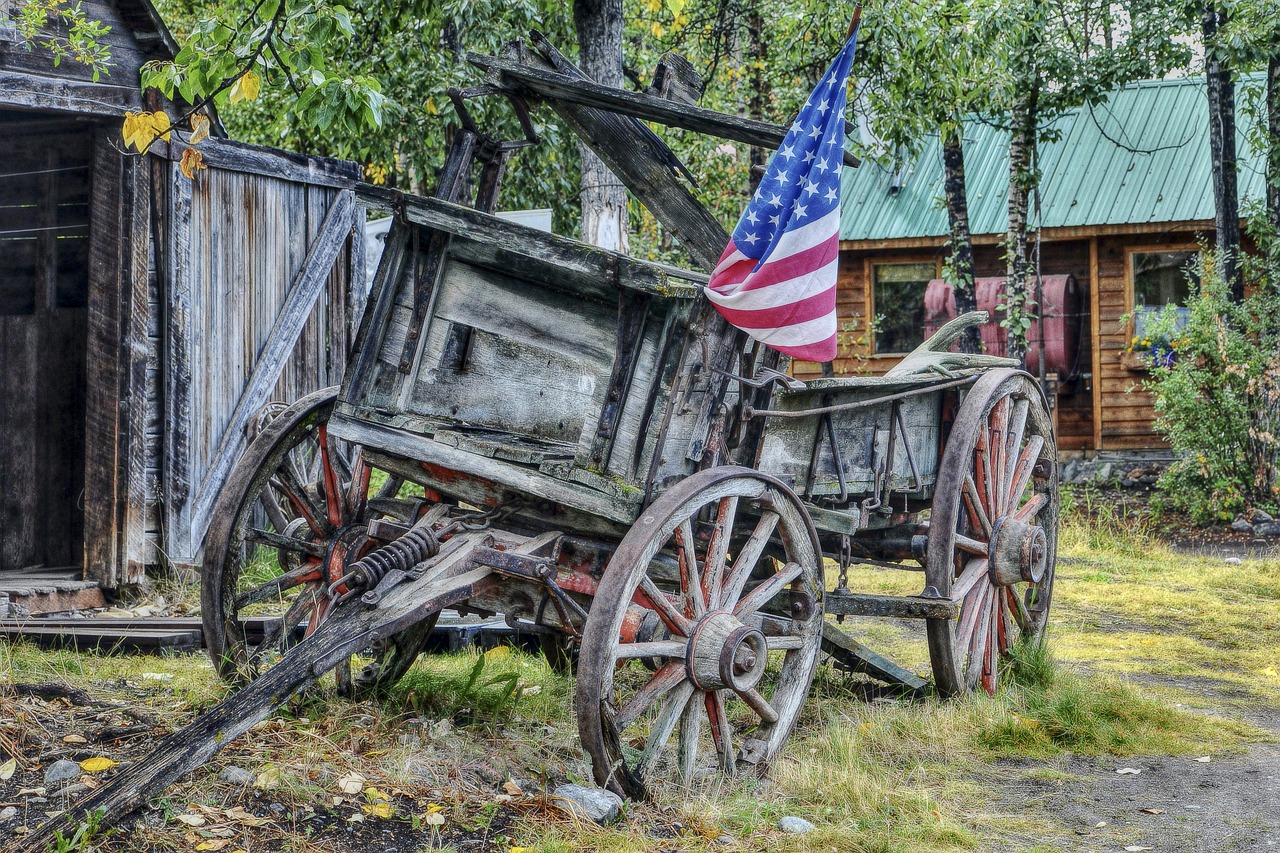The way Paul Theroux writes will give any reader the urge to just pack a bag and book a one-way ticket. He writes with poetic flair – giving his descriptions of the southern backcountry townships he visits vivid and enticing. His picture of the ‘deep south’ is accented with the tastes, sounds, and smells of the area. It’s particularly fitting for a culture built on a bedrock of “soul food”, where “the church has always been the centrepiece” of community, and gun shows are a “social occasion”.
Theroux also has a masterful ability to present his characters with wit and an arresting honesty. It doesn’t feel like he’s hiding, or holding any details back from his readers. So, on the whole, the book paints a really charming image of Theroux’s southern USA – with rich characters that you learn to know and love.
As a whole piece, it all works beautifully. The book is split into four sections – fall, winter, spring, and summer. In each part Theroux revisits many of the same people and places, learning more about their stories as their lives change through the year. It gives the novel a depth that many travel narrations often lack – giving the reader the opportunity to actually discover how things worked out for the local improvement organisation that desperately needed funds; or the attorney-cum-preacher who had to work his way through a moral dilemma.
However, this doesn’t mean that the book gives us a satisfactory glimpse into these little-explored areas of the region. We have to remember that it’s telling the story of a white, highly-educated, well-off man reporting on the lives of the most impoverished, under-educated, black communities in the States. Theroux is often guilty of forgetting the connotations this carries, and neglecting to respect the nuances of his position in that respect.
Therefore, it all too often makes for quite an uncomfortable read. Otherwise innocent sentiments, such as this one Theroux expresses upon his first return to the South in the winter: “three months had wrought no alteration [. . .] I realized that part of the appeal of my traveling in the South was that I could return and pick up where I left off, because [. . .] nothing changed” take on another layer of meaning.
Couple the above with a less-than-nuanced approach to race issues, on several occasions throughout the book, and in several situations, it’s at best insensitive. As a reader, I fell out of love with the narrator – making much of the more introspective sections increasingly difficult to get through. As a position for Theroux to take it’s very strange. He’s clearly educated on issues of race, giving clear and informed accounts of the civil rights movements and ongoing struggles with de facto segregation and the KKK in the South.
Yet, it stands that Theroux is guilty of romanticising and fetishizing the extreme poverty with which he interacts on his travels. “The poorer places seemed to exist outside time” is his description of a barely-habitable Alabama trailer park. It betrays a remarkable lack of understanding to describe such scenes as untouchable – even beautiful – in their degradation.
Penguin (2015)
Image: pixabay.com

